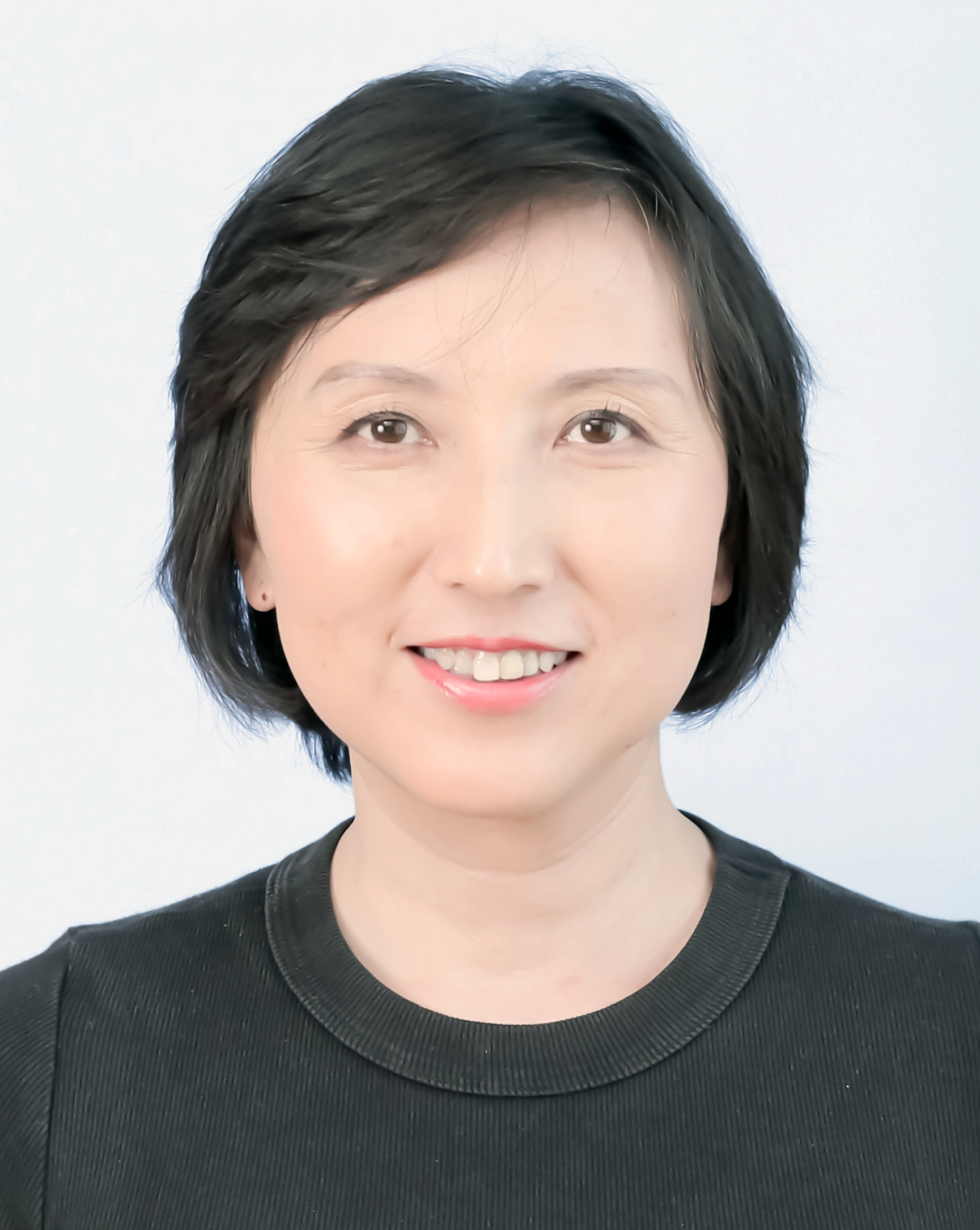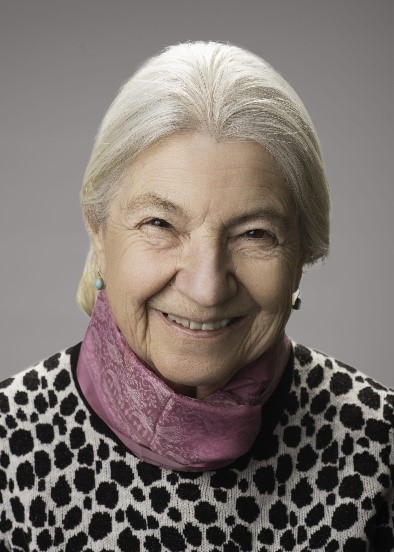Keynotes
Dr. William Corvey – Confident Information Governance in the Age of Generative AI and Manipulated Media
Abstract: Models like ChatGPT, DALL-E, Bard, Midjourney, and StyleGAN are all recent tools that enable the automated generation of content – text, images, audio and even video – via artificial intelligence (AI). Broad adoption of such technologies has resulted in an explosion of AI-produced material that makes it challenging to understand the provenance and authenticity of online media. The Defense Advanced Research Projects Agency (DARPA) has developed tools and techniques to help individuals and organizations identify manipulated media, describe how it was produced, and characterize the intent behind its production.
About the Author
Program Manager, DARPA Information Innovation Office (I2O)

Dr. William Corvey joined DARPA as a program manager in the Information Innovation Office (I2O) in June 2020 to develop, execute, and transition programs in human language technology, artificial intelligence, and related areas.
Prior to joining DARPA, Corvey served as a computational linguist with the United States Department of Defense. In this role he performed human language technology R&D, including multilingual natural language processing, information retrieval, and machine learning, with experience in knowledge-based, statistical, and neural techniques for automated linguistic analysis.
Corvey received a joint doctorate in linguistics and cognitive science from the University of Colorado at Boulder, a master’s degree in linguistics also from the University of Colorado at Boulder, and a bachelor’s degree in Spanish literature and English creative writing, cum laude, from Rhodes College. Corvey has multiple research publications in the area of computational linguistics.
Dr. Ying (Gina) Tang – Towards Adaptive and Personalized Cyber-physical Social System
Abstract: Technological innovation is at the heart of the seamless integration of cyber space, physical space, and social space. This transformative fusion presents a wealth of opportunities with profound implications across diverse fields. This convergence harmoniously blends the strengths of machine intelligence and human intelligence, culminating in what is known as cyber-physical-social intelligence. However, new challenges continue to arise in understanding and characterizing the intricate relations of machines, humans, and the natural world, all of which are vital for effective command and control. This talk will present perspectives of cyber-physical social systems (CPSS) with the focus on solutions that address the dynamics of human interactions. An example of CPSS in the context of AI-empowered learning through immersive virtual reality and gamification will be used to demonstrate the practicality of the solutions.
About the Author
Professor & Associate Chair of Electrical and Computer Engineering at Rowan University

Dr. Ying (Gina) Tang is a Full Professor and the Undergraduate Program Chair of Electrical and Computer Engineering at Rowan University, Glassboro, New Jersey. She received the B.S. and M.S. degrees from the Northeastern University, P. R. China, in 1996 and 1998, respectively, and Ph. D degree from New Jersey Institute of Technology in 2001. Her research interests are in cyber-physical social systems, extended reality, intelligent learning environments, modeling and adaptive control for computer-integrated systems, and sustainable production automation. Her work has been continuously supported by NSF, EPA, US Army, DOT, private foundations, and industry. She has three USA patents, and over 230 peer-reviewed publications, including 77 journal articles, 2 edited books, and 6 book / encyclopedia chapters. Dr. Tang is very active in professional services. She is VP Finance of the IEEE Systems, Man & Cybernetics Society (SMCS). She is the Founding Chair of Technical Committee on Intelligent Solutions to Human-aware Sustainability for IEEE SMCS, and the Founding Chair of Technical Committee on Sustainable Production Automation for IEEE Robotic and Automation Society (RAS). She is the Funding Co-chair of the International Conference on Cyber-physical Social Intelligence. Dr. Tang is presently Associate Editor of IEEE Transactions on Systems, Man, and Cybernetics: Systems, IEEE Transactions on Intelligent Vehicles, IEEE Transactions on Computational Social Systems, and Springer’s Discover Artificial Intelligence. She is the receipt of the meritorious service award from IEEE SMCS, the Best Student Paper award from 2022 International Conference on Cyber-physical Social Intelligence, the Best Paper award from 2020 IEEE International Conference on Networking, Sensing and Control, the Most Active Technical Committee awards from IEEE SMCS (2021) and IEEE RAS (2020), the Best Paper Finalist from 2017 IEEE International Conference on Automation Science and Engineering, National Academy of Engineering Frontier of Engineering Education Fellow, Christian R. and Mary F. Lindback Minority Junior Faculty Award, and Charles A. and Anne Morrow Lindbergh Foundation Award.
Dr. Ruzena Bajcsy – The Past and Future of Robotics and Machine Learning Based on 250 Years of Research Experience.
Abstract: Bajcsy, whose storied career spans over 50 years, conducted seminal research in the areas of human-centered computer control, cognitive science, robotics, computerized radiological/medical image processing, and computer vision. Among her numerous awards and firsts, Bajcsy was the first-ever woman to receive a Ph.D. in electrical engineering in the United States. She is renowned for her intellectual leadership, tireless work ethic, and inspiring approach to research and mentorship. Bajcsy is widely considered the foremost role model of generations of educators and researchers in computer science and engineering.
About the Author
General Robotics, Automation, Sensing and Perception (GRASP) Laboratory Founder & Faculty Member – School of Engineering and Applied Sciences at the University of Pennsylvania

Dr. Ruzena Bajcsy is the NEC Distinguished Professor of Electrical Engineering and Computer Sciences at the University of California, Berkeley. She was the founding director of the Center for Information Technology Research in the Interest of Society (CITRIS) in 2001, a multicampus organization comprising 4 campuses: UC Berkeley, UC Davis, UC Santa Cruz, and UC Merced. As part of her activities in CITRIS, and together with the University of California Center for the Humanities, she played a founding role in establishing a program of Digital Humanities.
Before joining UC Berkeley, she headed the Computer and Information Science and Engineering Directorate at the National Science Foundation (1999–2001).
From 1972 to 2001 she was a professor in the Computer and Information Science Department at the University of Pennsylvania, where she established in 1978 the General Robotics, Automation, Sensing, and Perception (GRASP) Lab. As director of the GRASP lab she fostered interdisciplinary research activities and attracted faculty from electrical and mechanical engineering as well as psychology/cognitive science and of course computer science.
Throughout her 28 years at UPenn she worked on robotics research, including computer vision, tactile perception, and in general the problem of system identification. She also worked on medical imaging, and developed with her students a digital anatomy atlas coupled with elastic matching algorithms that made it possible to automatically identify anatomic structures of the brain, first in X-ray tomography, later with MRI and positron image tomography. Use of this technology is now standard in medical practice.
Dr. Bajcsy is a member of the National Academy of Engineering (1997) and National Academy of Medicine (1995) as well as a fellow of the Association for Computing Machinery (ACM) and the American Association for Artificial Intelligence (AAAI). In 2001 she received the ACM/AAAI Allen Newell Award, and in November 2002 she was named one of the 50 most important women in Discover Magazine. She is the recipient of the Benjamin Franklin Medal for Computer and Cognitive Sciences (2009) and the IEEE Robotics and Automation Award (2013) for her contributions in the field of robotics and automation.
Her current research is in the use of robotic technology, namely measuring and extracting noninvasively kinematic and dynamic parameters of individual in order to assess their physical movement capabilities or limitations. If there are limitations, her students have designed assistive devices that can compensate for the lack of kinematic agility and /or physical strength.